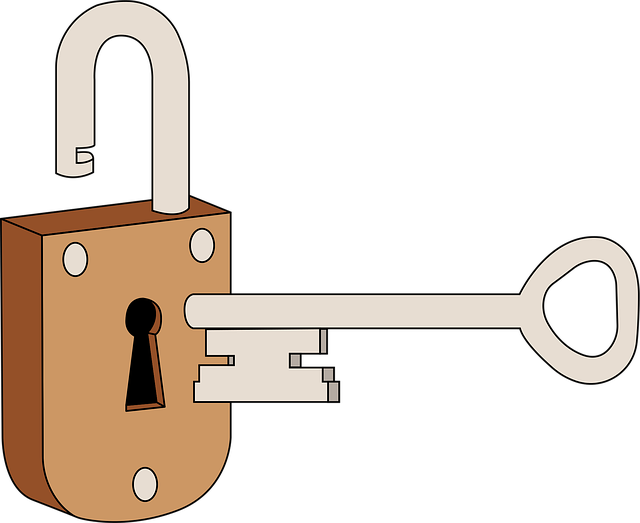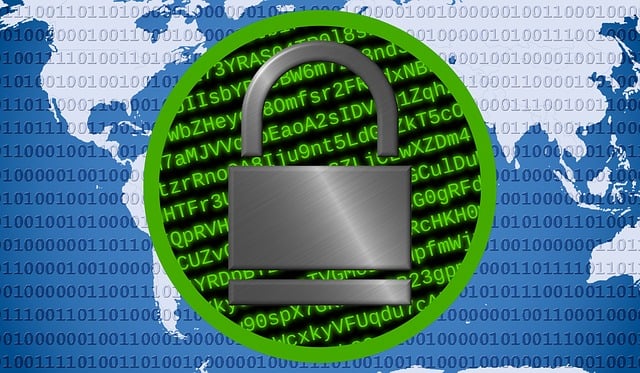Students evaluating off-campus rentals should prioritize housing security tips beyond rent cost. This includes assessing safety features, researching neighborhood safety, understanding tenant rights and responsibilities, implementing robust entry systems, maintaining properties, and fostering community involvement to mitigate common crimes. Educational sessions and workshops equip students with practical knowledge, promoting a culture of vigilance and proactive security measures. Regular updates on local crime statistics enhance awareness for securing residences.
Off-campus student rentals offer a unique set of challenges when it comes to ensuring safety. This article provides essential housing security tips for students navigating off-campus living. We explore evaluating rental properties for critical safety features, understanding tenancy rights and responsibilities, implementing robust secure entry protocols, preventing property crimes, and promoting student safety education. By following these expert recommendations, students can enhance their security and peace of mind while away from home.
- Evaluating Rental Properties for Safety Features
- Understanding Tenancy Rights and Responsibilities
- Implementing Secure Entry and Access Protocols
- Preventing and Responding to Common Property Crimes
- Promoting Awareness: Student Safety Education
Evaluating Rental Properties for Safety Features

When evaluating off-campus rental properties, students should look beyond just the monthly rent and consider essential housing security tips. Start by assessing the quality and functionality of safety features in each potential home. Check for secure entry systems like modern locks with key cards or codes, and ensure all doors and windows are equipped with robust locking mechanisms. Look for well-lit common areas and outdoor spaces, as good lighting is a powerful deterrent to potential intruders.
Additionally, inquire about security systems such as smoke detectors, carbon monoxide alarms, and emergency call boxes. Check if the property has a surveillance system or cameras installed for enhanced monitoring. Students should also consider the neighborhood’s overall safety record and speak with current residents or nearby business owners to gauge the area’s general security level.
Understanding Tenancy Rights and Responsibilities

Tenants have rights and responsibilities when it comes to off-campus rentals, which are essential to know for both students and landlords. Understanding these legal aspects is a crucial housing security tip that can protect tenants from potential issues and conflicts. For instance, tenants have the right to live in a safe and habitable environment, free from harassment or discrimination. They also have the freedom to form a tenant association to address any concerns collectively.
On the other hand, tenants are responsible for keeping their rental property secure. This includes paying rent on time, maintaining the property’s safety features like locks and smoke detectors, and reporting any maintenance issues promptly. By being informed about these rights and responsibilities, students can actively contribute to a positive living environment while ensuring their housing security tips are followed.
Implementing Secure Entry and Access Protocols

Implementing robust entry and access protocols is a fundamental aspect of enhancing off-campus student rental security. Property managers should prioritize installing modern security systems, such as keycard access or biometric scanners, to control who enters the premises. This prevents unauthorized individuals from accessing common areas or individual units, safeguarding students’ privacy and personal belongings.
Additionally, implementing 24/7 surveillance cameras can act as a powerful deterrent for potential intruders. Regular maintenance of these security measures ensures their optimal functioning. Housing security tips include educating tenants about emergency procedures and encouraging them to report any suspicious activities promptly. These protocols collectively contribute to creating a safer living environment for students away from home.
Preventing and Responding to Common Property Crimes

Off-campus student rentals offer unique challenges when it comes to property security. One of the primary concerns is preventing and addressing common crimes like burglary, theft, and vandalism. Students should start by adopting robust housing security tips, such as securing windows and doors with sturdy locks, avoiding leaving valuables visible, and establishing a routine for checking all entry points before retiring for the night.
Additionally, fostering a sense of community can significantly enhance security. Students can install outdoor lighting to deter potential criminals, report any suspicious activity immediately, and form a neighborhood watch within their rental complex. Quick response from law enforcement is crucial in resolving issues, so students should familiarize themselves with emergency contact numbers and be prepared to provide detailed information during an incident, using housing security tips to minimize damage and ensure personal safety.
Promoting Awareness: Student Safety Education

Promoting awareness about housing security tips is an essential aspect of ensuring student safety in off-campus rentals. Many students, especially those living independently for the first time, may lack knowledge about personal security measures. Educational sessions or workshops organized by colleges and universities can cover topics like recognizing potential threats, securing rental properties, and reporting suspicious activities. These interactive programs can empower students with practical skills to protect themselves and their peers.
Incorporating housing security tips into student orientation programs and ongoing safety campaigns can create a culture of vigilance. By encouraging open communication about safety concerns and providing resources for reporting issues, students become active participants in maintaining secure living environments. Regular updates on local crime statistics and security best practices can further enhance their awareness, enabling them to take proactive steps towards securing their off-campus residences.
